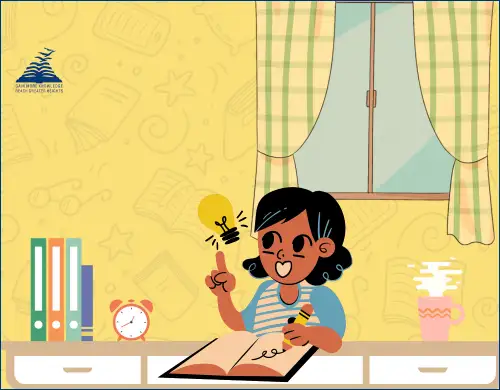Do you find yourself struggling to stay focused and motivated when it comes to studying? From improved academic performance to increased knowledge retention, studying plays an essential role in our personal and professional development. However, there are ways to make studying more enjoyable.
In this blog post, we’ll explore different types of study habits and provide tips on how to turn your study time into something that you look forward to each day.
So read on and discover how studying can be both beneficial and enjoyable!
The Positive Effects that Continual Education Has On One’s Life
The benefits of studying are numerous and irreplaceable, yet it is often viewed as a difficult responsibility. When you engage in regular study sessions, your brain becomes more adept at processing information, which can lead to improved academic performance. With time, knowledge retention improves, facilitating the expansion of one’s understanding of a specific subject.
Studying enhances critical thinking abilities by instructing us to examine and interpret complicated data. This skill has practical uses beyond education, including problem-solving in professional settings and decision-making in personal lives. Studying can also have positive effects on mental health. By engaging in focused study sessions regularly, we create a sense of structure and routine that can be grounding during times of stress or uncertainty.
How to Make Studying more Enjoyable
Studying can often feel like tiring, but it doesn’t have to be that way. By making some changes to your approach, you can make studying more enjoyable and even fun!
Here are some tips on how to do just that:
- Find a study environment that suits you. Some people prefer complete silence while others enjoy background noise or music. Experiment with different settings until you find what works for you.
- Try to relate the subject you’re studying to something interesting or relevant in your life. This will help keep your attention focused and engaged.
- Instead of trying to fit everything into one long study session, break up your sessions into shorter ones. Take breaks in between each session and recharge yourself before moving on.
- Get creative with your learning methods! Write out notes by hand instead of typing them out on a computer or create flashcards with fun graphics or illustrations.
- Don’t forget about the importance of self-care while studying. Eat well-balanced meals and take regular exercise breaks throughout the day. By taking care of yourself physically as well as mentally, you’ll be able to focus better during study sessions which ultimately makes them more enjoyable too!
Study Strategies and Methods
When it comes to studying, there is no one-size-fits-all approach that works for everyone. Different people have different learning styles and preferences, which means they may benefit from different types of study habits.
- One common type of study habit is repetition. This involves going over the subject multiple times until it becomes familiar and easier to remember. Repetition can be done through taking practice quizzes or tests, reading notes out loud, or creating flashcards.
- Another type of study habit is active recall. This involves actively retrieving information from memory rather than simply reviewing it passively. Active recall can be done through self-quizzing or teaching the material to someone else.
- Some people also find that breaking up their study sessions into shorter breaks helps them better retain information. This method is known as spaced repetition and involves spacing out your studying over time instead of cramming everything in at once.
- Some students use visual aids like diagrams or mind maps to help them organize complex information in a more intuitive way.
Finding the right type of study habit for you can take some trial and error but experimenting with different methods can help you find what works best for your own unique learning style.
Conclusion
Studying is an essential part of any student’s life, but it doesn’t have to be boring or tedious. By adopting the right study habits and techniques, you can make the process not only more enjoyable but also more effective at the top schools in Bangalore.
Remember that there are different types of learners, so what works for one person may not work for another. Experiment with various methods until you find what suits you best at the top schools in Bangalore.
So don’t let studying become a burden! Instead, try to enjoy the process by making it fun and engaging. And always remember that your hard work will pay off in the end.



